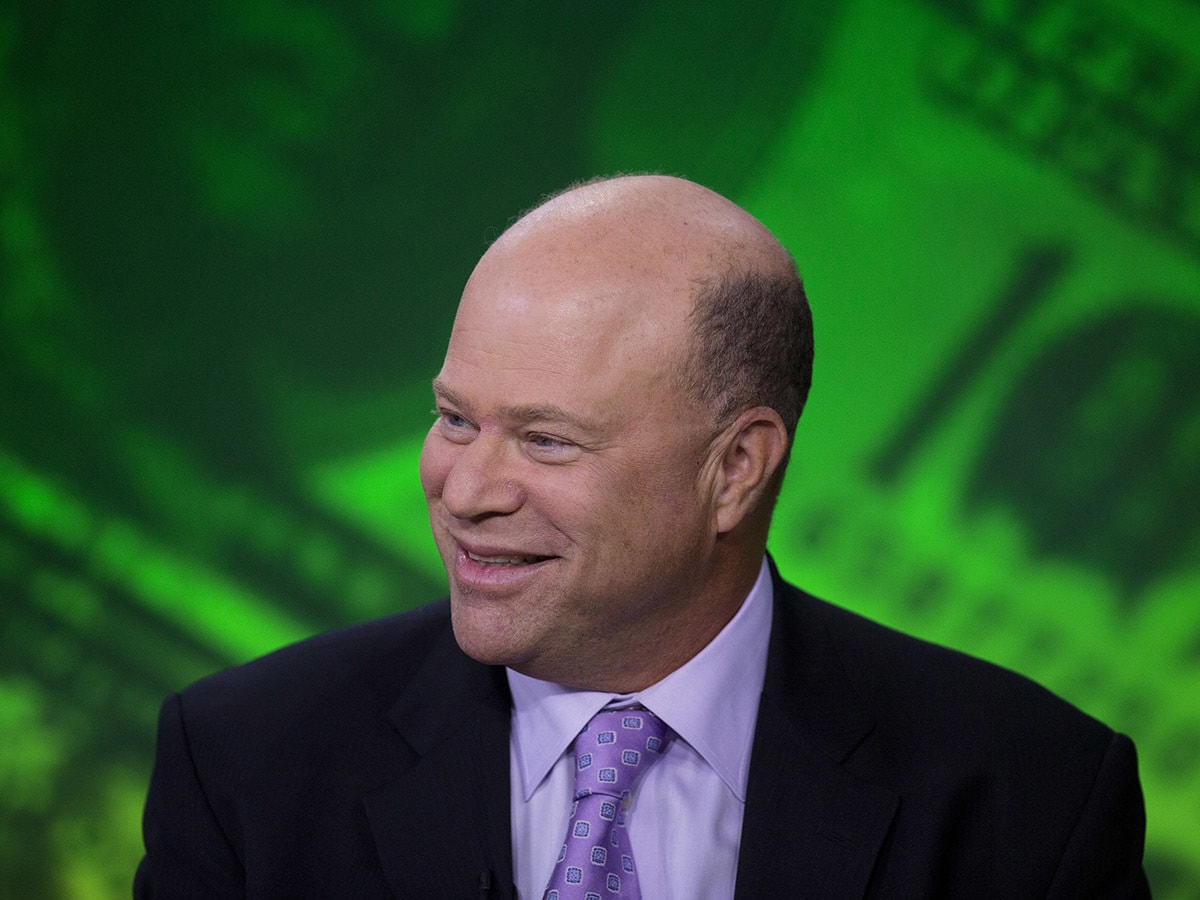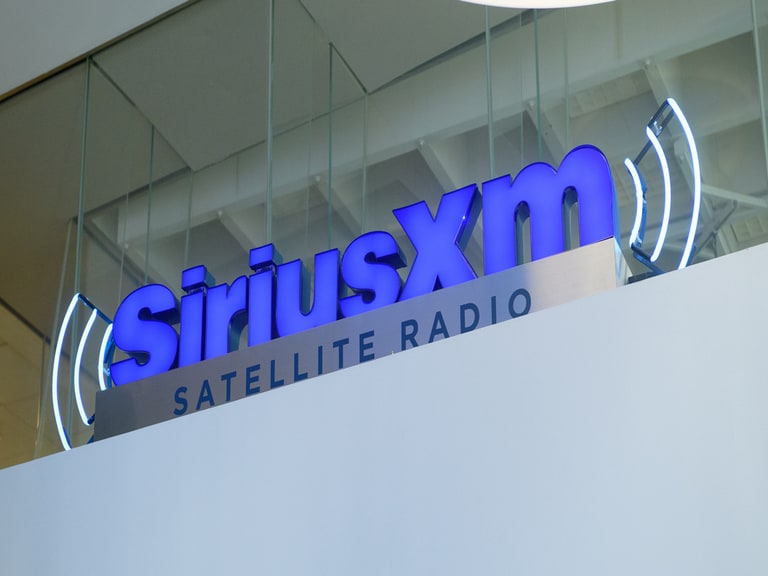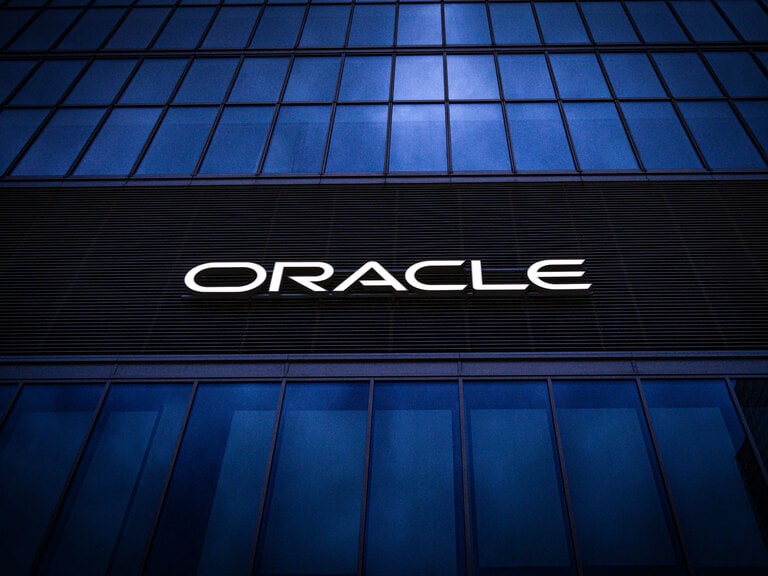Appaloosa Management has spent 27 years as one of the world’s leading hedge funds. At the forefront of the fund is renowned investor David Tepper. The fund is currently valued at $5.7bn according to the latest Securities and Exchange Commission filing — down considerably from a one-time high of $20bn reported by Fortune. Appaloosa Management has been managed since 2016 in Florida, where Tepper moved the company to from the considerably higher taxed state of New Jersey.
Now aged 62, Tepper made his name in 1987 as head trader at Goldman Sachs [GS], cannily buying bonds from the wreckage of financial institutions and cashing in as markets recovered.
After twice being passed over for partner, he quit in 1993 to launch Appaloosa Management, where continuing his trend of buying distressed stocks quickly made him a fortune. The firm’s very first move was to buy struggling steel company Algoma Steel’s preferred shares for $0.20 and sold them for $0.70 later.
$5.7billion
Valuation of Appaloosa Management
Such trades grew his $57m starting capital to $800m in three years. He continued with successful bets on bankrupt companies including Enron and Marconi.
For Tepper, the past few years has meant a whole new ball game. A keen sports fan Tepper has paid record sums for NFL franchise the Carolina Panthers and the newest Major League Soccer team Charlotte FC.
Leaning on leverage
Arguably, Tepper’s most notable successes came in 2009 after the global financial crisis when Appaloosa’s bullish approach to bank stocks, as almost everyone else did the opposite, made $7bn, according to Finance Monthly. This 132% return was gained largely through bets betting on a resurgence in finance companies.
When he moved from troubled companies to distressed economies by buying debt in Argentina and South Korea during their financial crises, this brought him returns of 42% and 30% respectively.
Tepper was not even deterred by an initially disastrous bet that Russia would not default on its debt, which lost Tepper 30% of the value of his portfolio. He told author Maneet Ahuia, in an interview for latter’s book Alpha Masters, that this was “definitely the biggest screw up of my career”.
He turned this around as he kept buying Russian government bonds and eventually returned 61% on his bet. “I am the head of the pack,” he once said. “I generally am. I either get eaten or I get the good grass.”
“I am the head of the pack. I generally am. I either get eaten or I get the good grass” - David Tepper
Nathan Vardi, writing in Forbes, described Appaloosa Management’s return from 2008–2013 as “one of the greatest five-year performance stretches the hedge fund industry has ever seen”. Tepper has enjoyed a good diet ever since, continuously correctly calling the US Federal Reserve’s approach to quantitative easing and its impact on equities. In 2012, he had sufficient “good grass” to declare a personal income of $2.2bn, which was the world’s highest for a hedge fund manager at the time.
Tepper broadly follows the investment strategy of legendary investor Warren Buffett’s value although with a slightly different approach. Tepper has favoured high-yield bonds and debt securities, and tends to still earn his corn from bank loans to highly leveraged companies, sovereign debt and that debt of distressed companies.
But he also has a penchant for high revenue firms.
Earlier this year, Tepper said that he believed the market was “the second-most overvalued ever seen” after the dotcom bubble of the 1990s, according to CNBC. However, Appaloosa Management remained invested through the coronavirus pandemic as the company added 5.1 million shares in T-Mobile [TMUS], nine million shares in AT&T [T] (worth $274m), 545,000 Mastercard [MA] shares worth $161m and 840,000 in Visa [V] worth $162.3m.
In what some might consider a controversial move, he also divested 25,000 shares (10%) of his holding in Amazon [AMZN], 180,000 (7%) in Facebook [FB] and 27,000 (7%) in Alphabet [GOOG] — although all three remain in his top 10 holdings.
Mixed messages
Tepper is not subtle. He famously kept a pair of large brass testicles on his desk, which he would allegedly rub for luck. He also reputedly has a fierce temper. One former employee told. The Guardian that Tepper had in the past hurled things at him in the office. According to The Wall Street Journal, however, Tepper sees himself somewhat differently, once describing himself as the “Mother Teresa of the markets… there to make sure [securities] don’t go down more”.
He is a generous philanthropist, having made several donations to natural disaster relief efforts. He’s a regular contributor to US food bank charity Feeding America and he also made a $22m donation this year to COVID-19 relief efforts, after which he said: “People have to step up if they have the ability to step up. Period.”
Tepper, whose own money makes up 70% of Appaloosa Management, has previously returned investor cash if he believes the fund is too big. He returned 20% in 2016 and now plans to hand back all but £1.5bn, retaining just 15 external investors. According to The Wall Street Journal employees have been told the fund is “transitioning” so Tepper can concentrate on managing the Carolina Panthers franchise.
70%
Amount of Appaloosa Management made up by Tepper's own money
In 2019, the fund had suggested it would give all but the 15 selected investors 90% of their money in January and the rest in March and April. However, this timeline was always vague. When the move was announced last May, an Appaloosa Management spokesman said Tepper “had not set an exact timetable” and it may not actually happen for over a year. One reason for the lack of reported development could be the effect the coronavirus pandemic has had on markets and funds through 2020.
With most US professional sport also still in hibernation due to COVID-19, it has also been a challenging year for Tepper’s new teams. Both the Carolina Panthers, which Tepper bought for $2.3bn after the US Supreme Court issued a ruling expanding legal sports betting outside Nevada, thereby opening up earning opportunities for teams across the US, and Charlotte FC, for which he paid $325m, have furloughed and let staff go.
But his early time in charge suggests that he will adopt the same approach to these sports teams as he does to all of his investments — offloading expensive assets (in this case, ageing sports stars), and snapping up bargain players and coaches to maximise distressed assets.
Whether he will succeed in rebuilding the Carolina Panthers to win the Super Bowl for the first time in a generation, and whether the shift in focus equally helps Appaloosa Management to maintain its own impressive playing record, remains to be seen. But both hedge fund investors and football fans can rest safe in the knowledge that their captain will always be looking to maximise opportunities others don’t see.
Continue reading for FREE
- Includes free newsletter updates, unsubscribe anytime. Privacy policy





